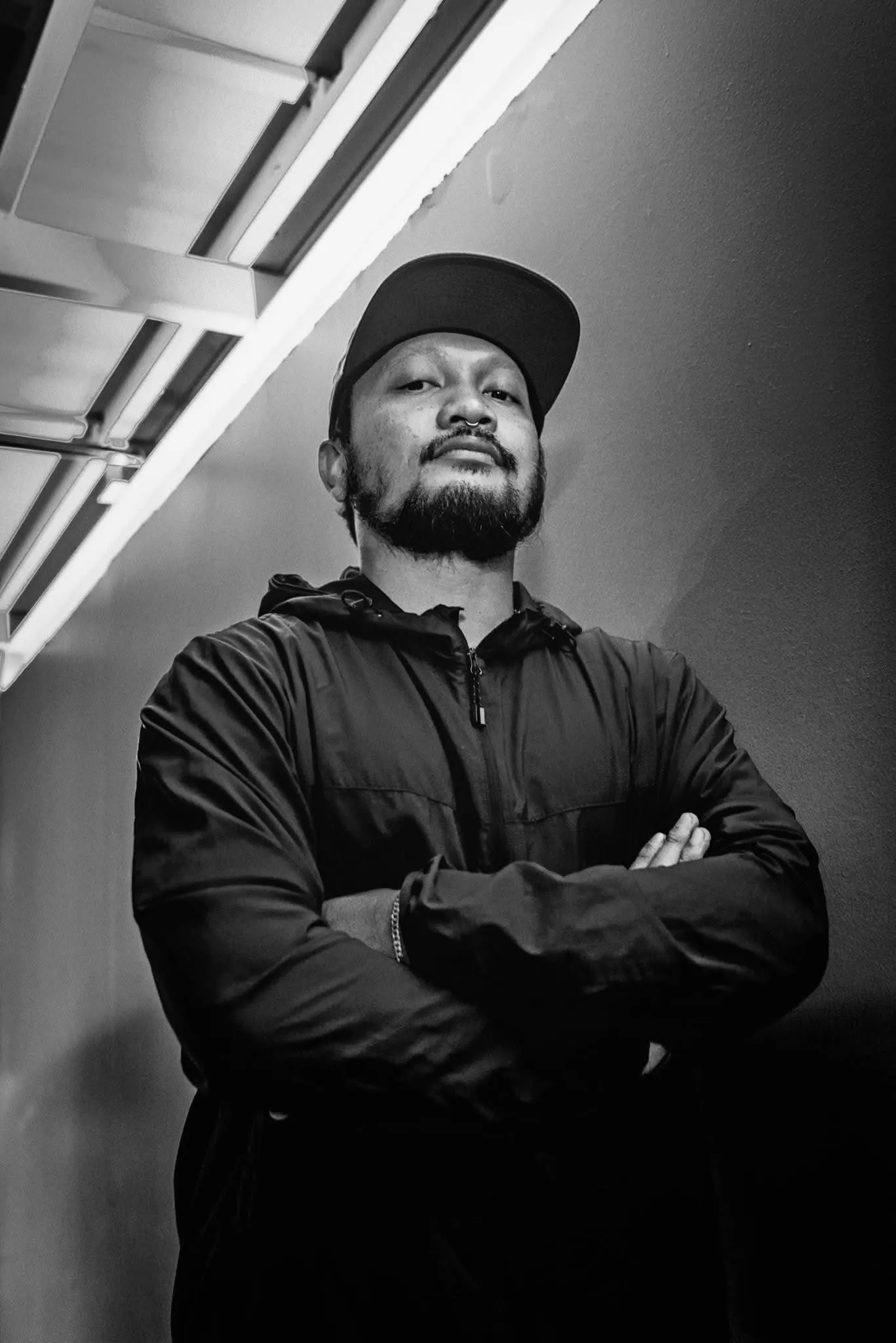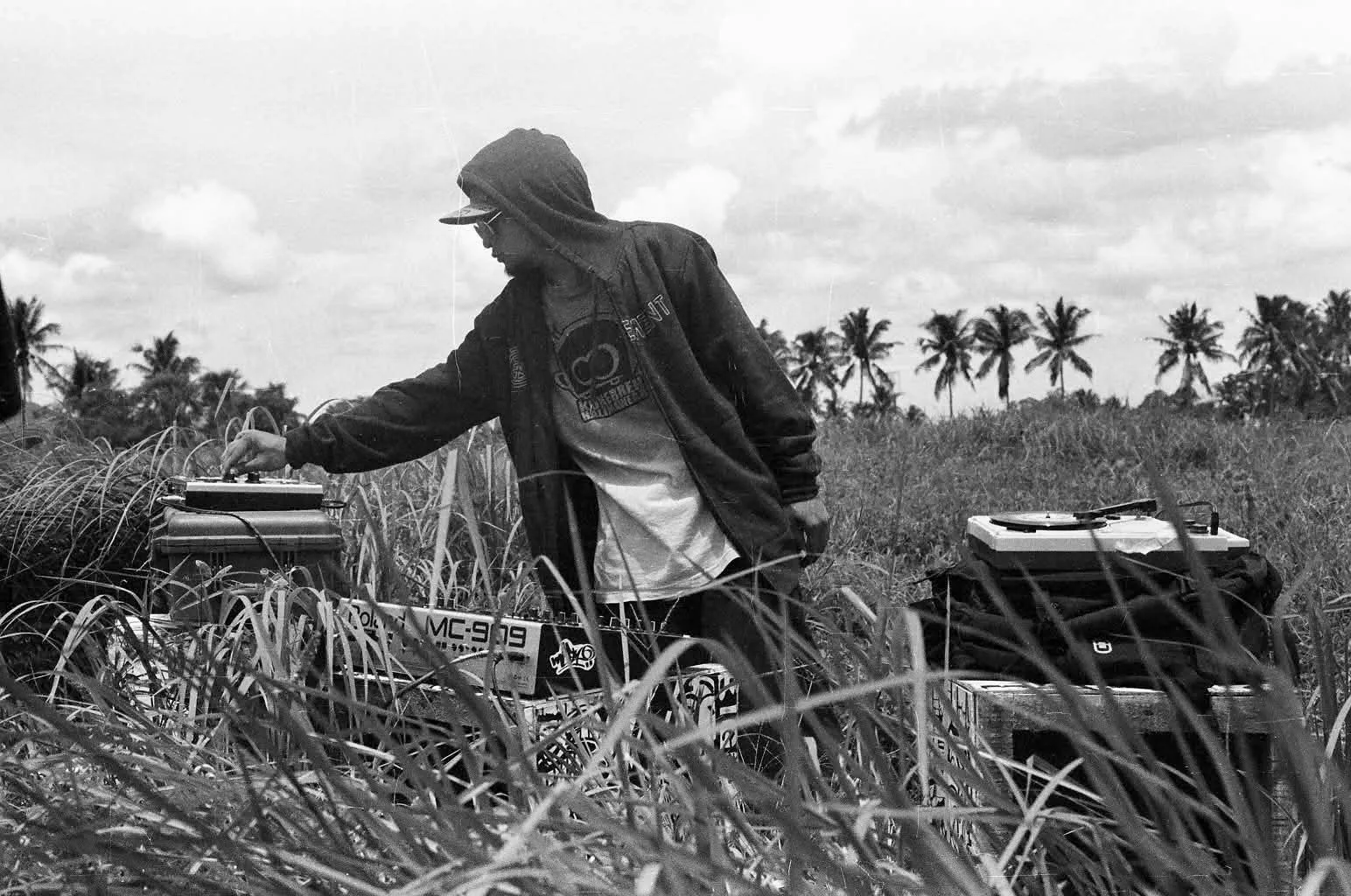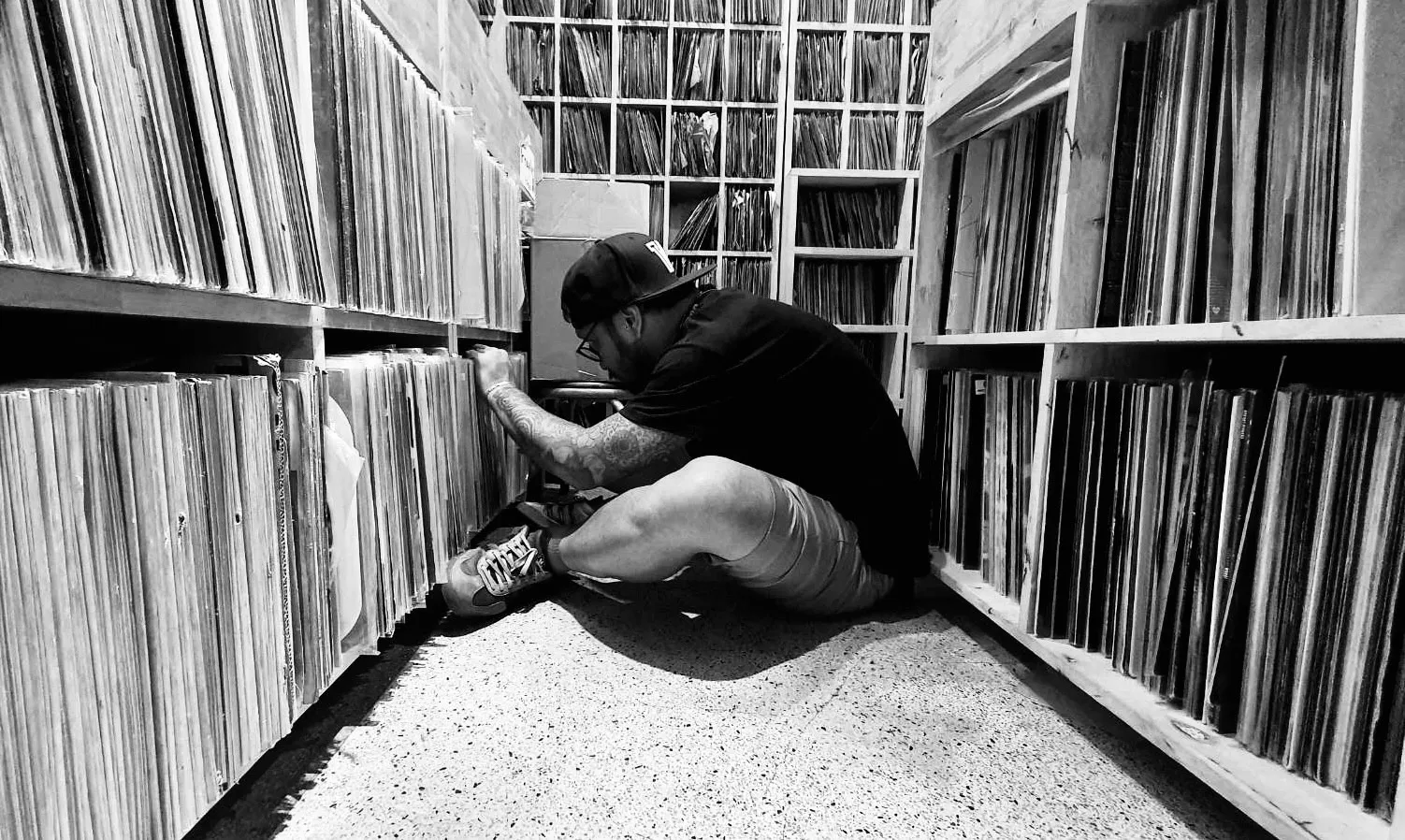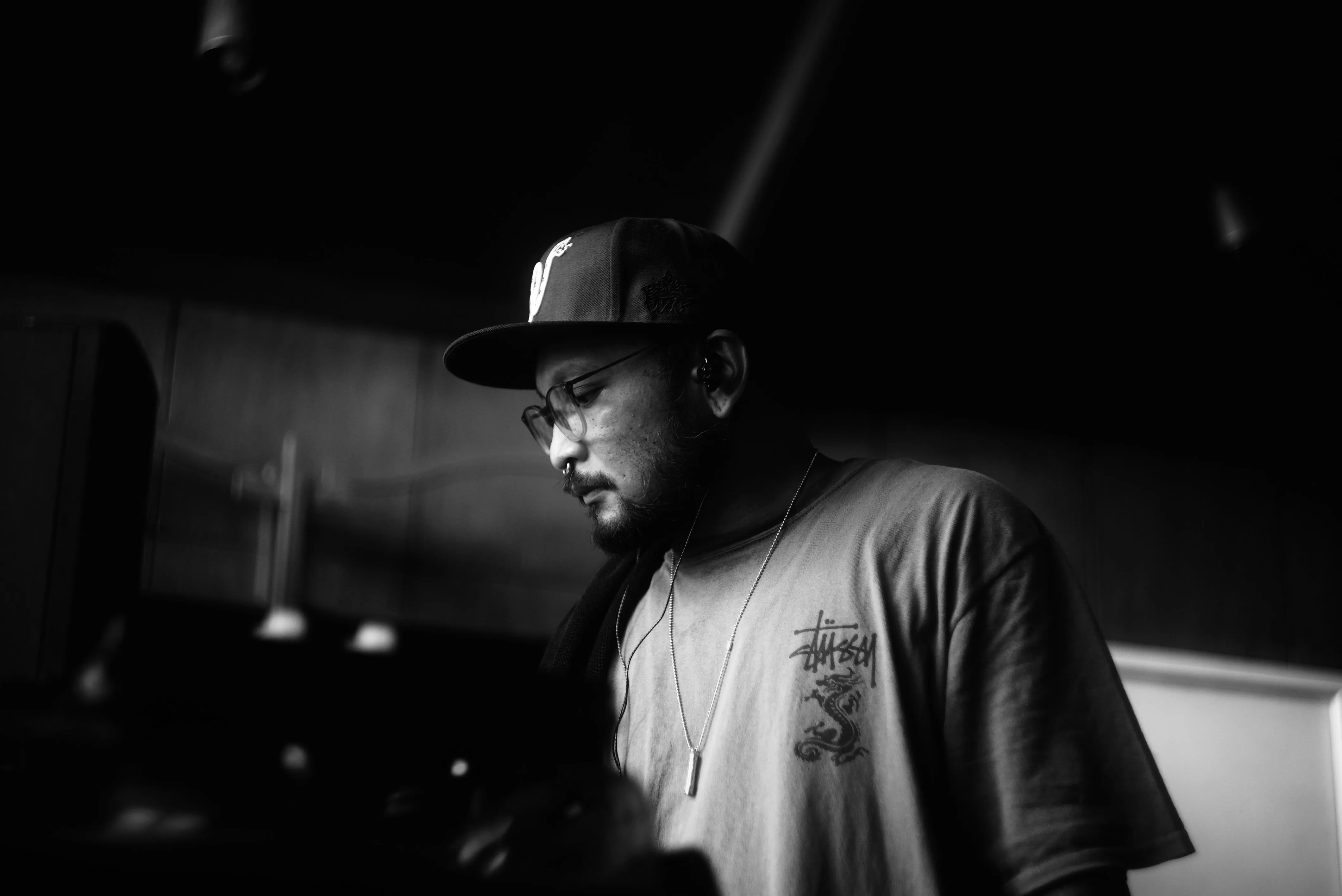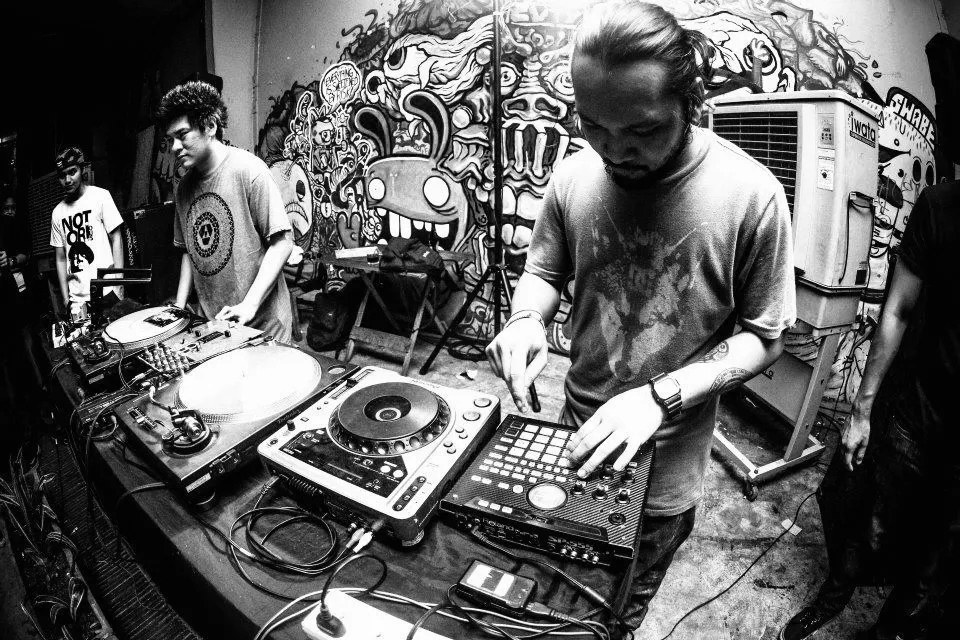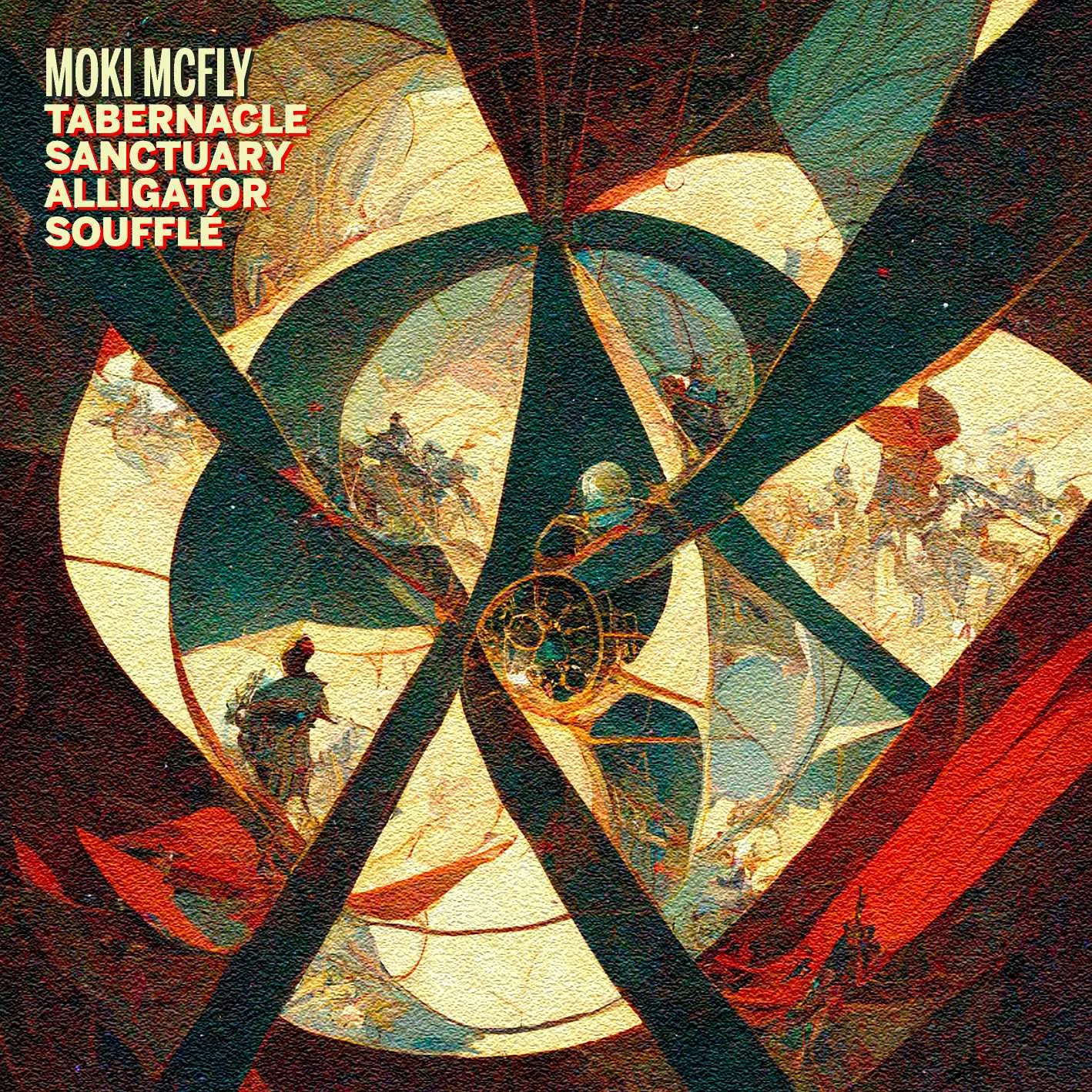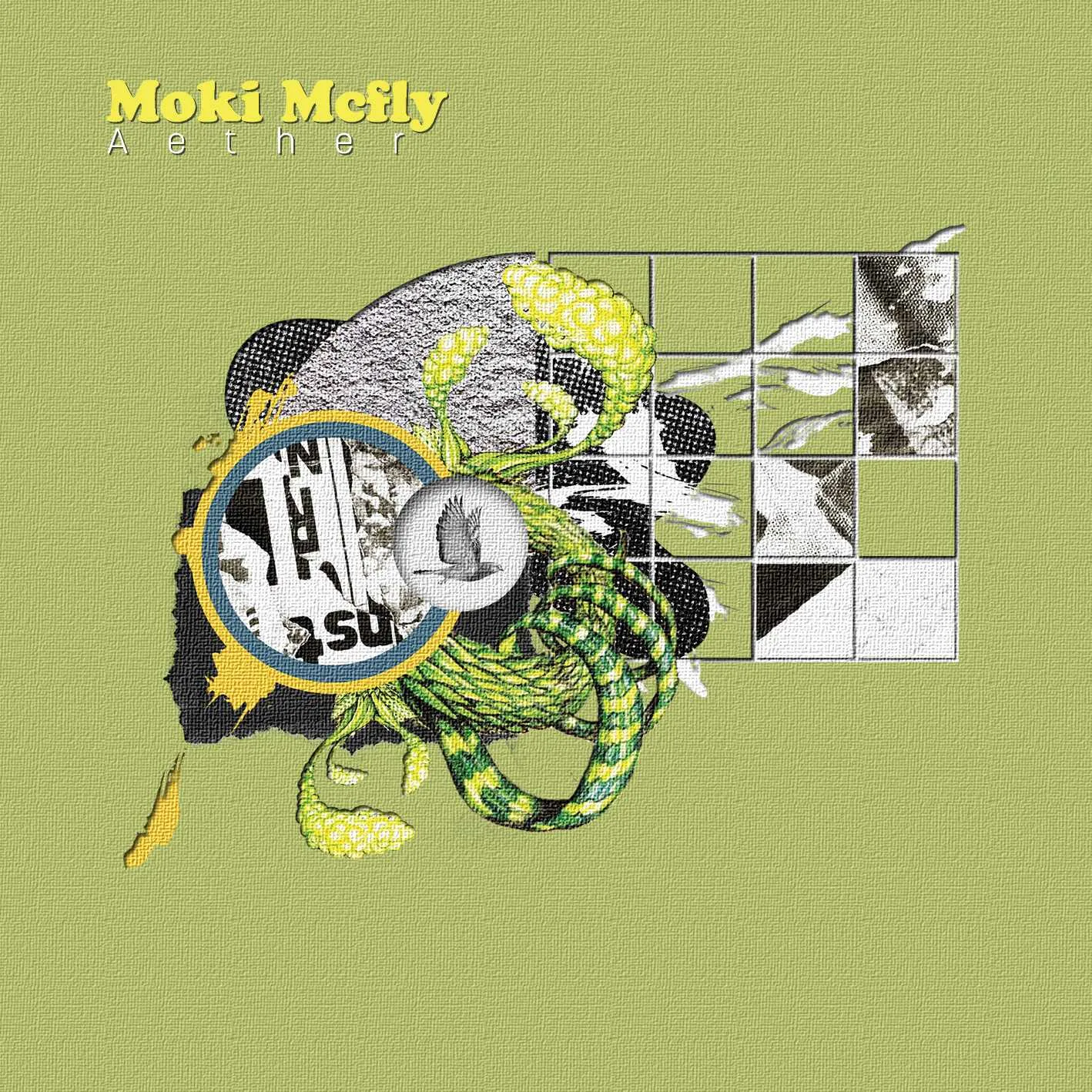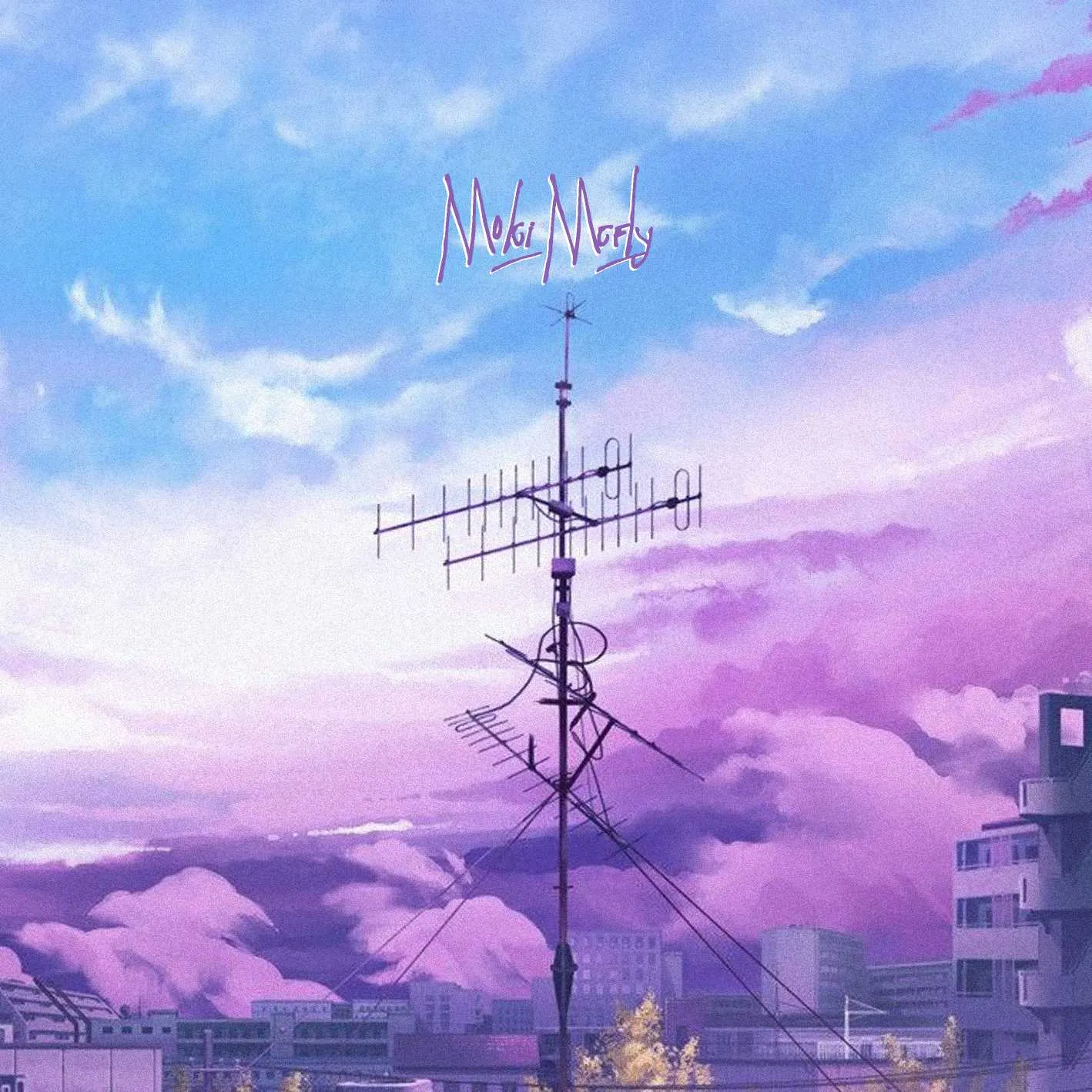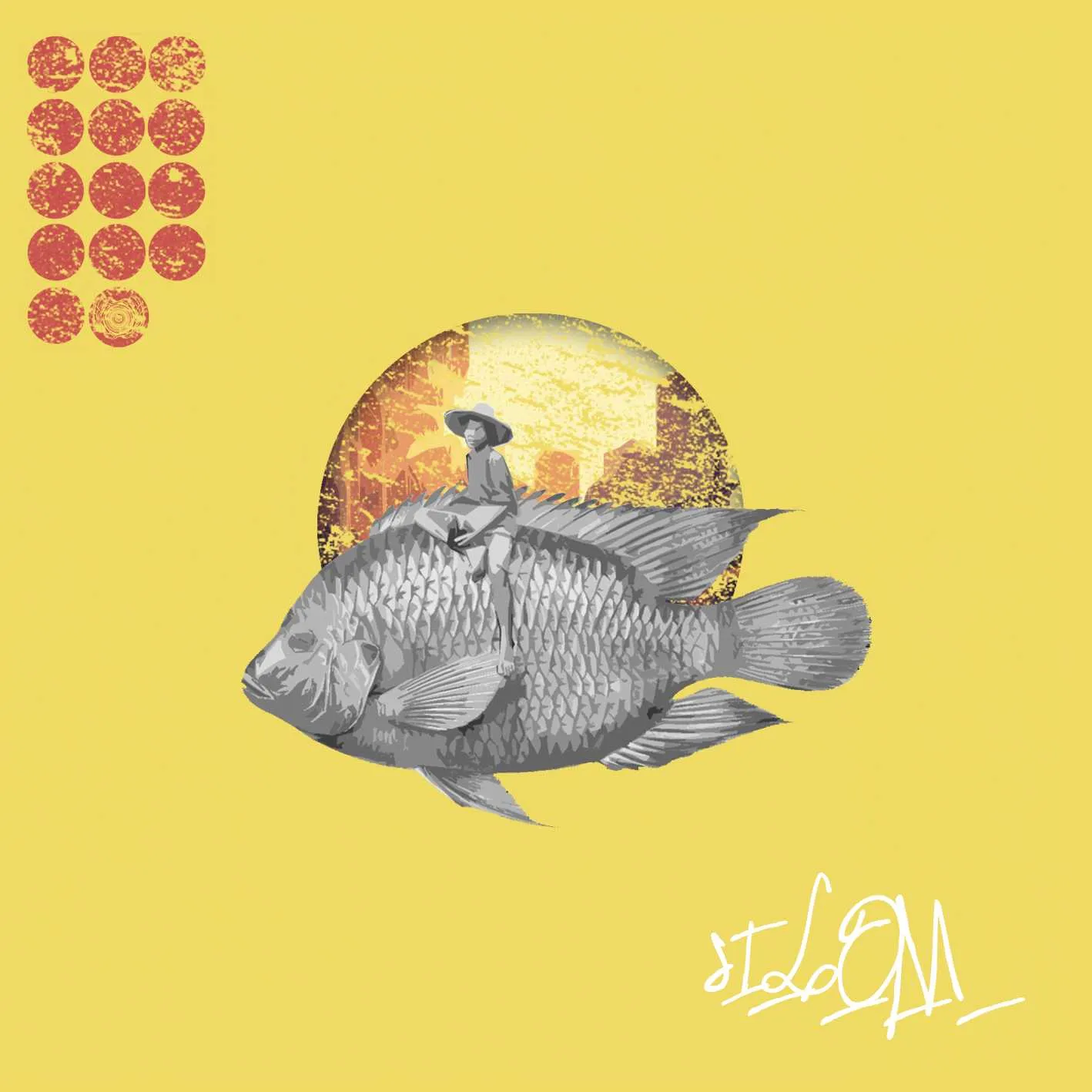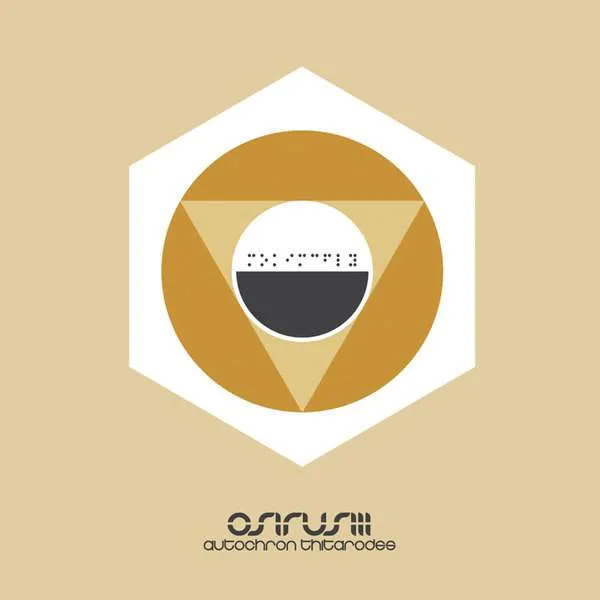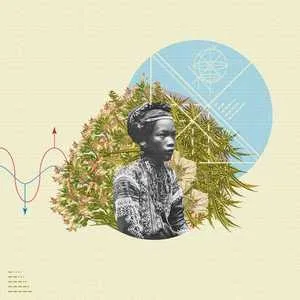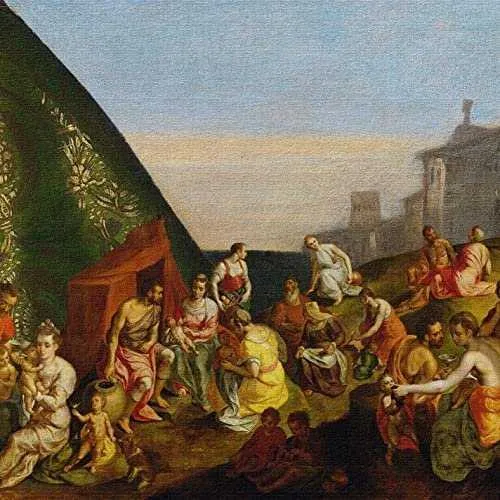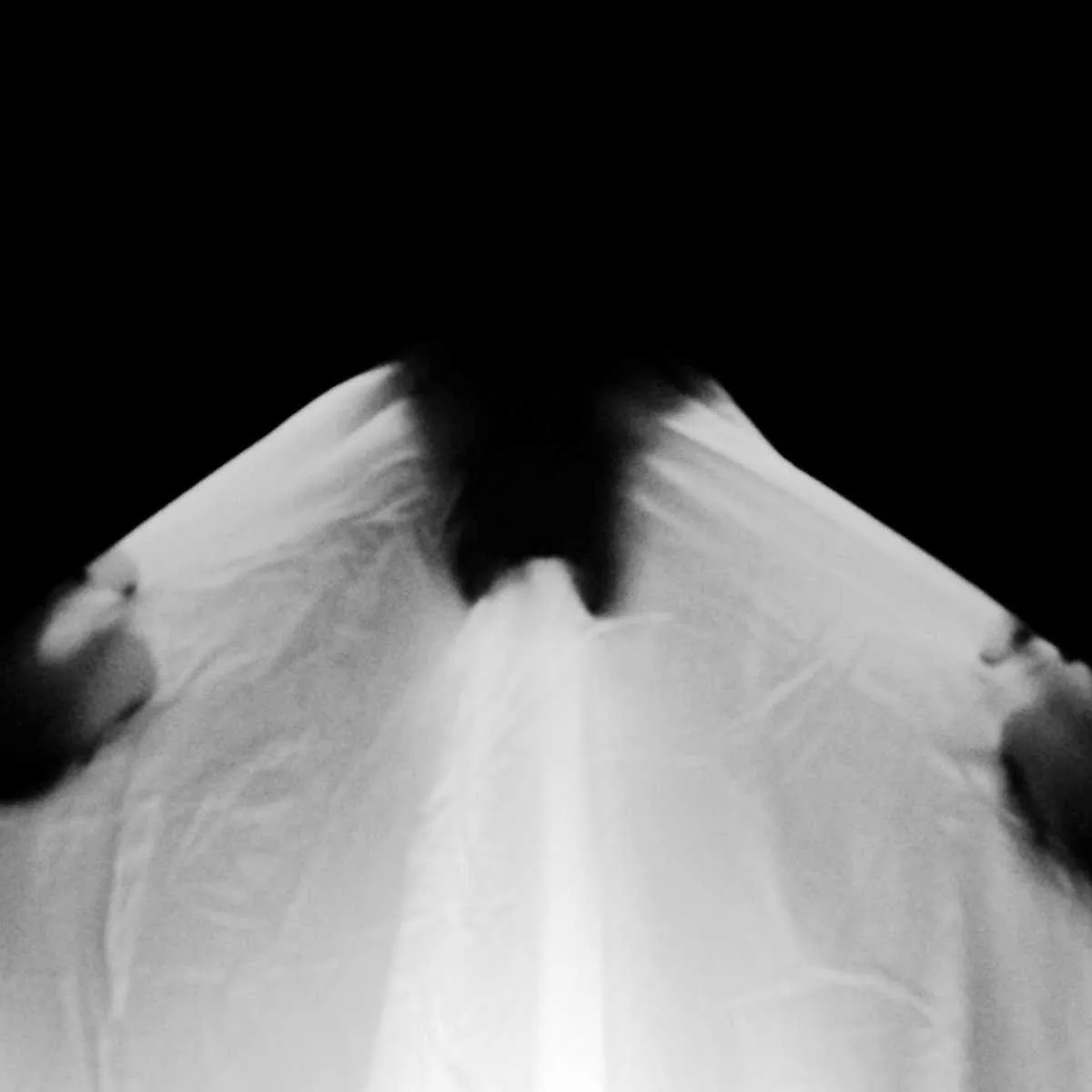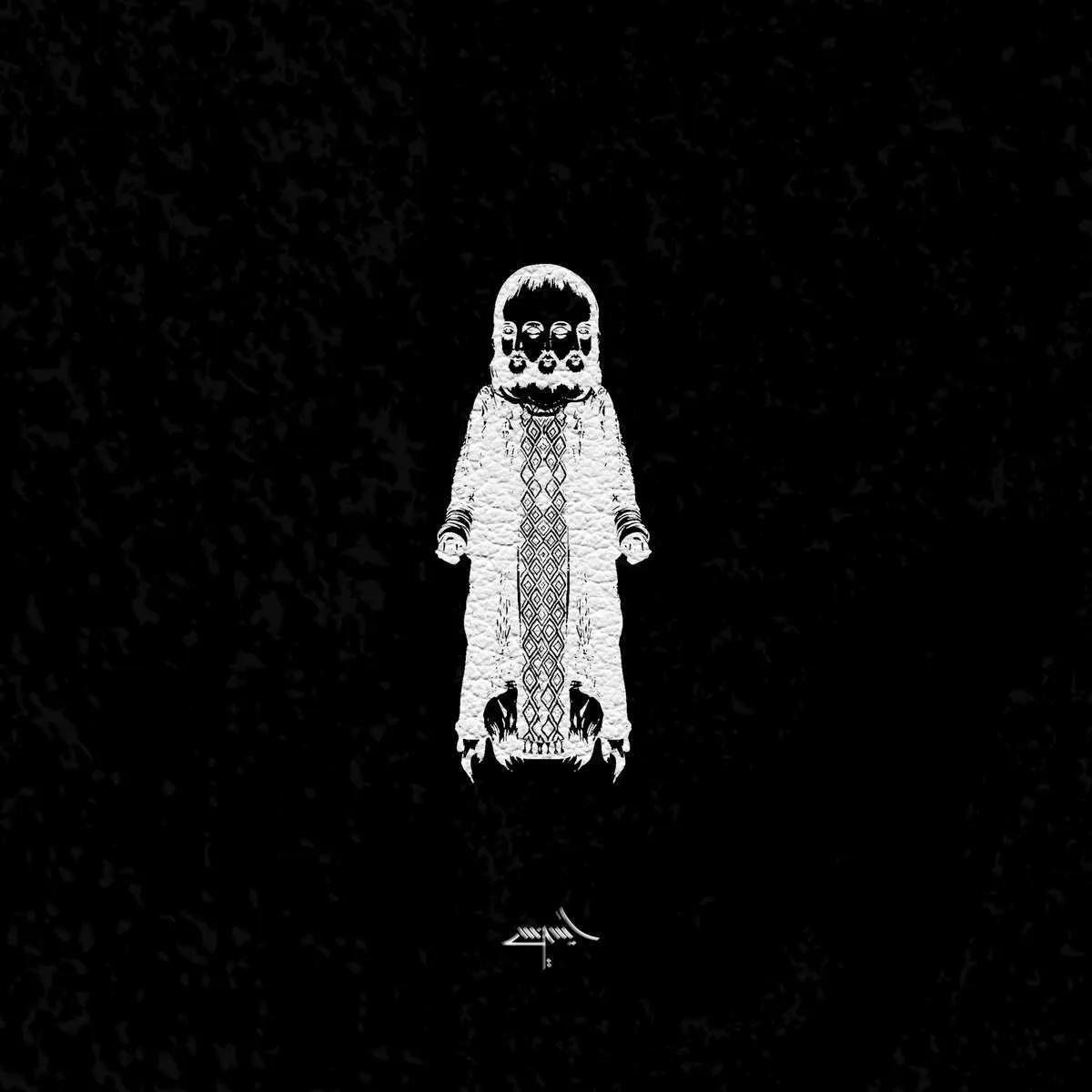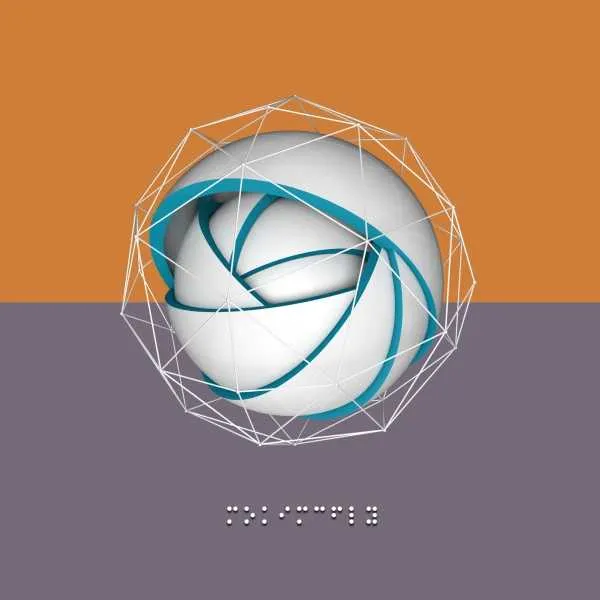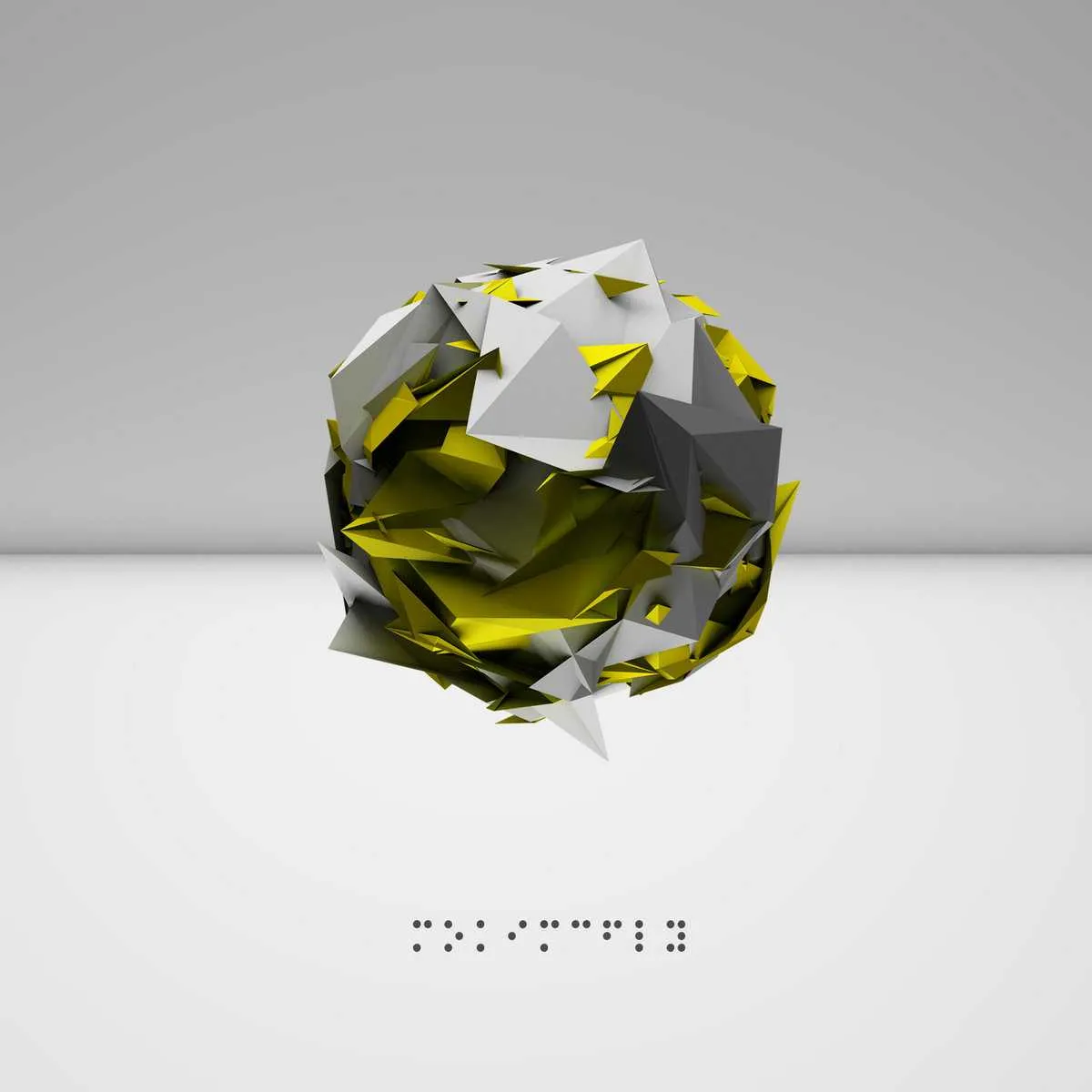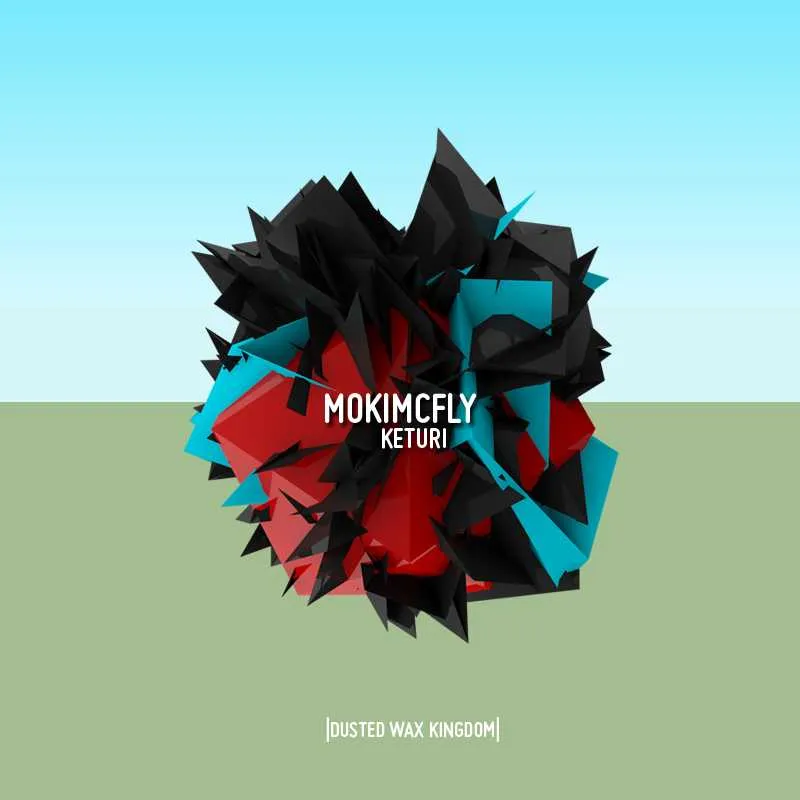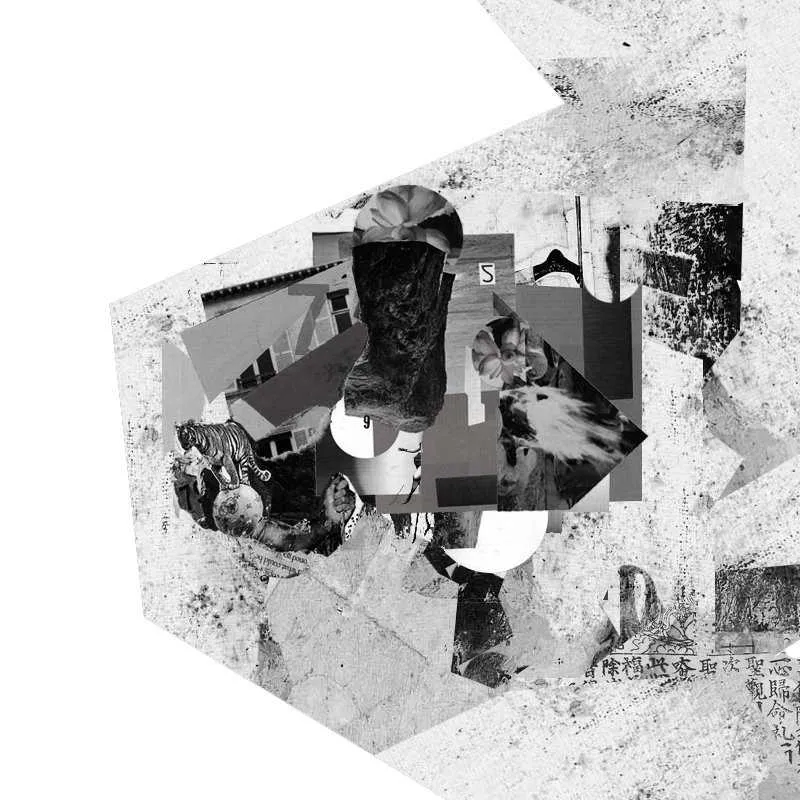Moki Mcfly
Moki Mcfly (Cultural Worker / Music Producer)
Cartographer of Postcolonial Memory
Moki Mcfly is a Filipino cultural worker and music producer whose body of work articulates a rare intersection between sound, history and cultural memory. His practice, rooted in the study of auditory perception and the politics of representation, has evolved into one of the most comprehensive explorations of music as a vehicle for cultural continuity and dissent within the global south. Moki Mcfly has emerged as one of Southeast Asia’s most compelling and multidimensional cultural workers — a producer, programmer and researcher whose work blurs the lines between anthropology, technology and sound. Across film, experimental jazz, hip hop, hardcore punk and digital art, Mcfly’s practice explores how art operates as a vessel of cultural memory, political testimony and liberation.
Early Work and Cinematic Foundations (2011–2013)
Moki Mcfly’s early emergence was defined by his inclusion in the 2011 documentary Neo-Rebolusyonaryo alongside John Torres and Pepe Manikan, a film chronicling the vanguard of postcolonial Filipino artists confronting the politics of nationhood through art. This early exposure positioned Mcfly within a lineage of socially engaged creators using media as a mode of resistance.
From 2012 to 2013, Mcfly expanded into film scoring, contributing to a series of works that defined the new wave of Philippine independent cinema. His scores, marked by a meticulous layering of ambient textures and ethnographic soundscapes, can be heard in Pascalina (Pam Miras, 2012), Albino (Gym Lumbera, 2012), Taglish (Gym Lumbera, 2012), Dahil Sa’yo (Gym Lumbera, 2012), 50/50 (Mikey Red, 2012) and Pusong Bato (Pam Miras, 2013). His groundbreaking work for Timmy Harn’s Ang Pagbabalat ng Ahas (2013) earned him a Cinema One Currents nomination for Best Music Scoring and solidified his reputation as a composer of intellectual and emotional rigor.
Technological Innovation and Interactive Media (2013–2015)
By 2013, Mcfly was appointed Audio Information Specialist for ARGUS, the Augmented Reality Geospatial Unified Simulator, a pioneering platform integrating real world geographic data into virtual simulation. His contributions were pivotal in developing 360 degree auditory immersion systems now foundational to military, educational and commercial VR applications. His role centered on acoustic spatialization, creating believable sonic environments within 360 degree simulations.
During the same period, Mcfly was integral to the Virtual Smartbook Initiative by MVE Systems, an early cross disciplinary collaboration between Filipino developers and UC Berkeley. As lead sound designer and researcher, he oversaw the acoustic architecture of interactive curricula for SAT review and virtual classrooms in mathematics, art history, music theory, physics and literature. These mobile applications, later translated into French, Italian and Mandarin, prefigured the explosion of global e learning years before Silicon Valley’s adoption of interactive education models.
Parallel to his educational work, Mcfly also designed music and sound for a number of mobile and web based games, including Rise of Modern Empires, Missile Man, Rome Strike, Corrsim II and Super Awesome Flying Horse, pioneering sonic storytelling within early app based gaming environments and adaptive game audio systems.
In 2015, in collaboration with the Global Health Incubator, Mcfly participated in ToBe Continued, a 24 hour worldwide concert uniting musicians across time zones in observance of World Tuberculosis Day. His half hour performance, broadcast digitally to global audiences, embodied his philosophy that sound, like health, is a shared human inheritance that transcends borders.
Historical Engagement and Nationhood (2017)
Mcfly’s trajectory reached a pivotal point in 2017 when he was commissioned by the National Historical Commission of the Philippines to score a ten part documentary series chronicling the history and victims of Martial Law. The commission deepened his engagement with sound as historical testimony, positioning his work at the convergence of ethnography, sonic anthropology and political memory.
That same year, he founded the Namkha Collective in his hometown of Lipa City, a community based label and cultural platform supporting independent and homegrown artists. Namkha became an incubator for sound research, community recording projects and experimental collaborations rooted in local heritage and solidarity.
Global Recognition and Experimental Sound Practice (2019–2021)
In 2019, Mcfly’s audiovisual short and music video Satori was featured at the Los Angeles Asian Pacific Film Festival, affirming his growing reputation as a multimedia artist capable of weaving philosophical and cultural inquiries into visual form.
In 2020, he released his first cassette album Tasaday under Mahorka Records (Bulgaria). The work was an anthropological sound study, a sonic excavation of ritual, decay and post industrial futurism.
His 2021 album Lumière, featured as an Editor’s Pick on HipHopDX Asia, stands as one of his most philosophically complex works. The album meditates on the history of revolutionary movements and the enduring spirit of freedom that anchors hip hop’s moral foundation. The record argues that music, like light itself, is both medium and message, illuminating struggle while transcending linguistic boundaries.
Theory, Indigenous Futurism and Cultural Continuity (2022–2023)
In 2022, Mcfly released Grey: A Case Study on Marshall McLuhan’s The Medium is the Message, awarded Best Hip Hop Album at the Creative Commons Music Awards. The project fused semiotic theory with experimental hip hop, reframing McLuhan’s media philosophy through sound, repetition and signal distortion.
A year later, his album Minukawa (2023), again featured as an Editor’s Pick on HipHopDX Asia, delved into the Kanlingan mythology of the bird deity Minokawa, a creature said to swallow the sun and moon. Combining indigenous instrumentation with digital programming, Minukawa was accompanied by a graphic novel, augmented reality experience and NFT series, all conceptualized, designed, written and coded by Mcfly himself. The work stands as a landmark in indigenous futurism, bridging ancestral knowledge with 21st century technology to critique cultural erasure and imagine new forms of resilience.
This was followed by Tabernacle Sanctuary Alligator Soufflé on Blocsonic Records (United States) winning the 2024 Creative Commons Community Music Award for Album of the Year, praised for its intricate layering of northern soul, blues and jungle influences.
Contemporary Work and Global Presence (2024–2025)
In 2025, Mcfly released Divination through Mahorka Records, launched in Thailand at Noise House Lat Phrao in partnership with Stüssy Bangkok. Shortly after, he toured Singapore for its 50th National Anniversary, performing in collaboration with Kult Yard, Kult Sliders and Stüssy Singapore. These performances, understated and nearly anonymous, embodied Mcfly’s characteristic resistance to spectacle, prioritizing ritual, sound and sincerity over celebrity.
Parallel to his solo work, Mcfly operates under the alias Apo Lerma, producing for the hardcore rap collective Illustrado featuring FlipTop veterans Batas, Sayadd and Spade under Uprising Records Philippines. His work with the group includes the first double LP in Philippine hip hop history, fusing social commentary with sonic maximalism.
He is also a founding member of the Luneta Freedom Jazz Collective, an experimental ensemble that has released three albums through Mahorka Records, and of the hardcore punk collective Nubian Slugger, whose 2025 debut Sumpa ng Pagsibol earned critical acclaim from Unite Asia for its visceral social realism and sonic ferocity.
Autre and Ongoing Practice
Moki Mcfly’s work is anchored in the conviction that sound is both archive and argument, a temporal field where history, emotion and technology converge. His career, spanning from digital education systems to revolutionary hip hop, from ethnographic cinema to underground punk, resists categorization precisely because it reflects a deeper thesis: that culture itself is a living frequency and dialectical tool.
Through his diverse catalog, Mcfly has constructed not merely a discography but a sonic anthropology of the Filipino condition, a documentation of survival, imagination and dissent rendered through rhythm, field recording and the dialectic pulse of freedom.
